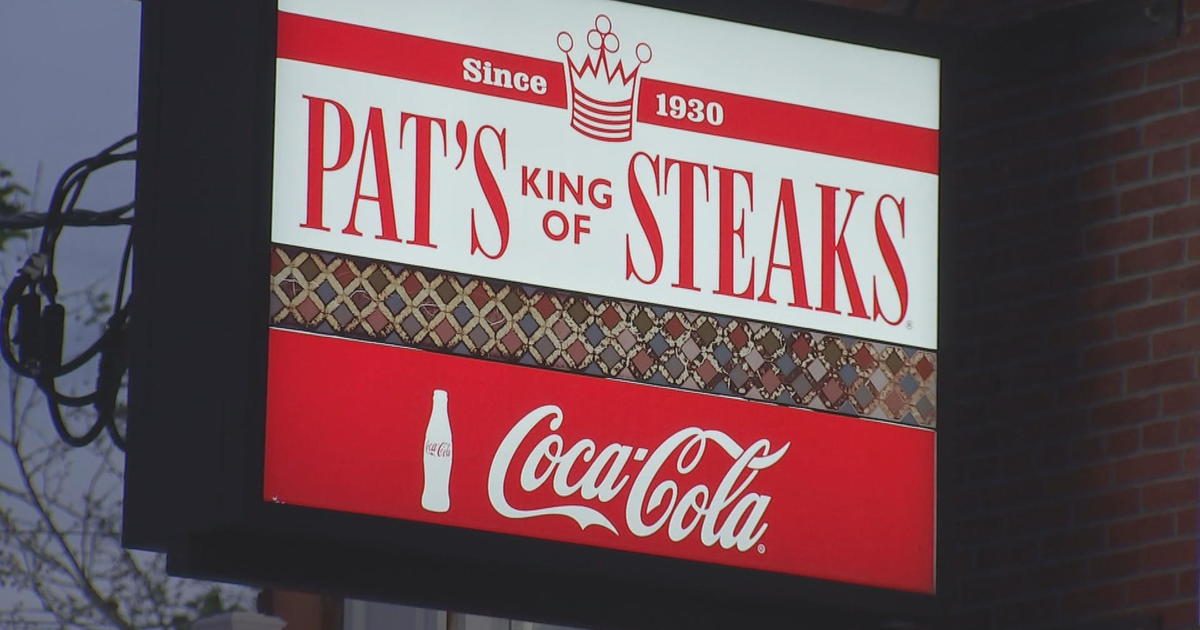Wolf Administration To Show How It'll Challenge Gas Industry
HARRISBURG, Pa. (AP) — Pennsylvania Governor Tom Wolf, who ran last year with the backing of environmental groups, will soon be giving a first glimpse at how his administration will approach the powerful Marcellus Shale natural gas industry.
Next week, Wolf's Department of Environmental Protection is preparing to release its plans to update various rules over the drilling industry, including how it must prevent methane leaks and how it must handle toxic wastewater.
Meanwhile, the administration has begun exploring how to track and investigate health and environmental complaints that are blamed on natural gas exploration.
John Quigley, Wolf's nominee to become secretary of the Department of Environmental Protection, said Wolf wants the natural gas industry in Pennsylvania to succeed. But, he said, Wolf, a Democrat, also was elected because he was viewed as the candidate who would respond better to public concerns over the impact of drilling on health and the environment.
"That's one of the reasons why Tom Wolf is governor today, because the public gets that too," Quigley said. "The public wants to have their concerns addressed. The governor gets that and it's all about responsible drilling."
The three initiatives are early signs of an administration that is expected to push the industry on its environmental commitments. A public health registry is a longer-term project; proposals lacked the support of Wolf's predecessor, Republican Gov. Tom Corbett. Administration officials have begun discussing the information technology and data management systems that it will require, and it could demand more money for an agency that has endured among the deepest cuts in state government since the recession.
The administration's approach to methane leaks and wastewater — some in the industry are bracing for the Wolf administration to propose banning open-air storage pits called impoundments — is more immediate, and the industry is watching closely.
The industry has transformed Pennsylvania from a drilling backwater into the nation's second-largest natural gas producer behind Texas in just seven years. Pennsylvania produced more than 4 trillion cubic feet of natural gas in 2014, according to state data, a 20-fold increase since 2008, when the rush to tap the Marcellus Shale began in earnest. Nearly all of it is from 8,700 deep shale wells drilled during those years with the combined new technologies of horizontal drilling and high-volume hydraulic fracturing.
However, the industry's practice of blasting millions of gallons of water and chemicals into the ground, handling the resulting wastewater and clearing land for wells and roads have sparked complaints from people who say it is damaging public health and the state's forests, air quality, waterways and underground aquifers.
Quigley met Monday with the executive board of the Marcellus Shale Coalition, the industry's largest advocacy and lobbying group in Pennsylvania, and he pledged to help them succeed, said the group's president, David Spigelmyer.
"Where I have a bit of comfort is that Secretary Quigley said he's willing to work with us," Spigelmyer said.
The industry is in a tight spot, facing a Wolf administration effort to impose hundreds of millions of dollars in new taxes on it as it struggles with plunging energy prices. As a result of the price squeeze, publicly traded exploration companies are cutting capital commitments by $9 billion in Pennsylvania alone in 2015, Spigelmyer said.
The impoundments, which can hold millions of gallons of the wastewater that returns from well bores, are a key tool in the industry's efforts to recycle wastewater. There are 22 permitted wastewater impoundments, which are essentially centralized, lined pits that serve multiple well-drilling sites, according to the department.
Quigley views them as threats to water and air quality.
"We're taking a real strong look at impoundments," Quigley said. "How they're used, when they're used, if they're used. ... Clearly there's evidence that suggests that the chemicals that volatilize from wastewater impoundments are certainly a potential pathway for local health impacts. They're also a potential pathway for water contamination, so you've got to look at where are the opportunities to reduce that risk."
One alternative is using million-gallon tanks.
Preventing methane leaks from well-site equipment and pipelines has become important for regulators because methane is a potent greenhouse gas. Industry officials say methane pollution is falling, even as production rises, and that companies have every incentive to ensure methane makes it into the pipeline, rather than the atmosphere. Still, Quigley said improvement is possible, even though Pennsylvania's regulations and requirements are already "very tough."
"The question I think we have to ask is, 'what level of reduction is that achieving?'" Quigley said.
(Copyright 2015 The Associated Press. All rights reserved. This material may not be published, broadcast, rewritten or redistributed.)



